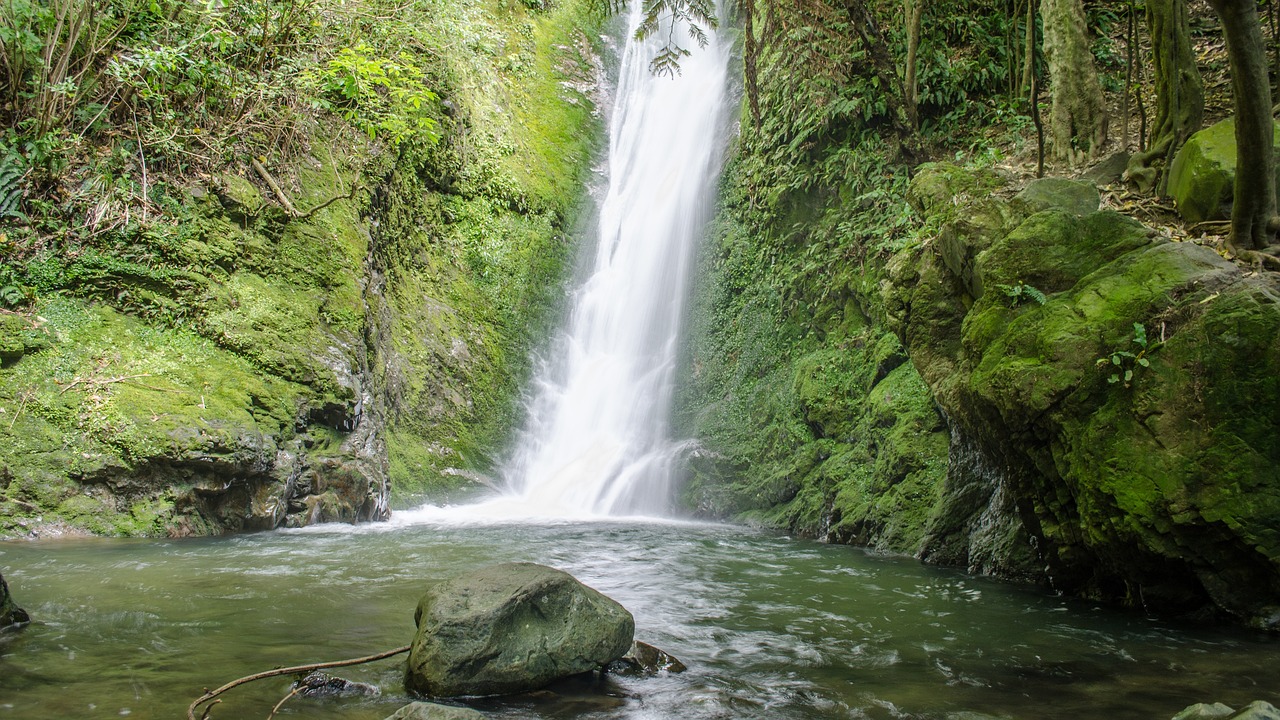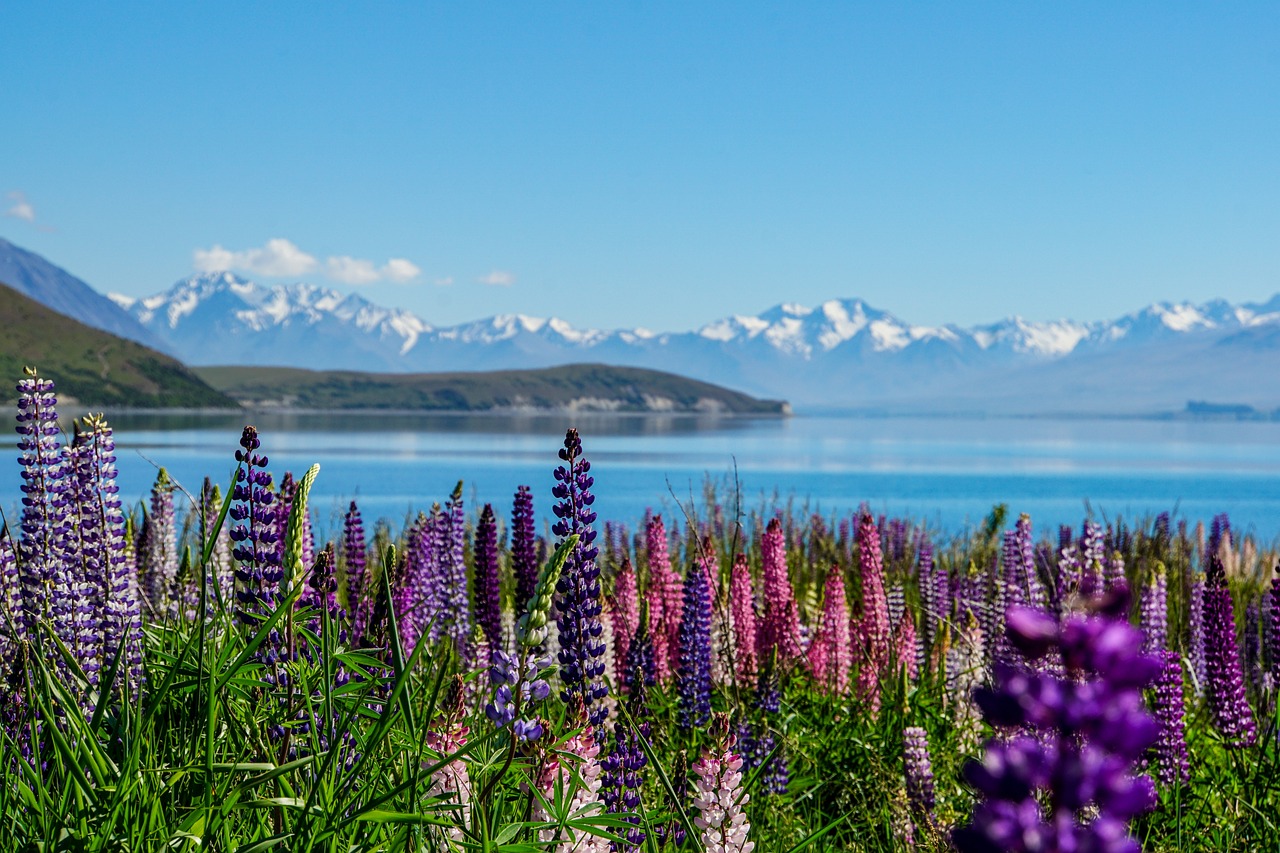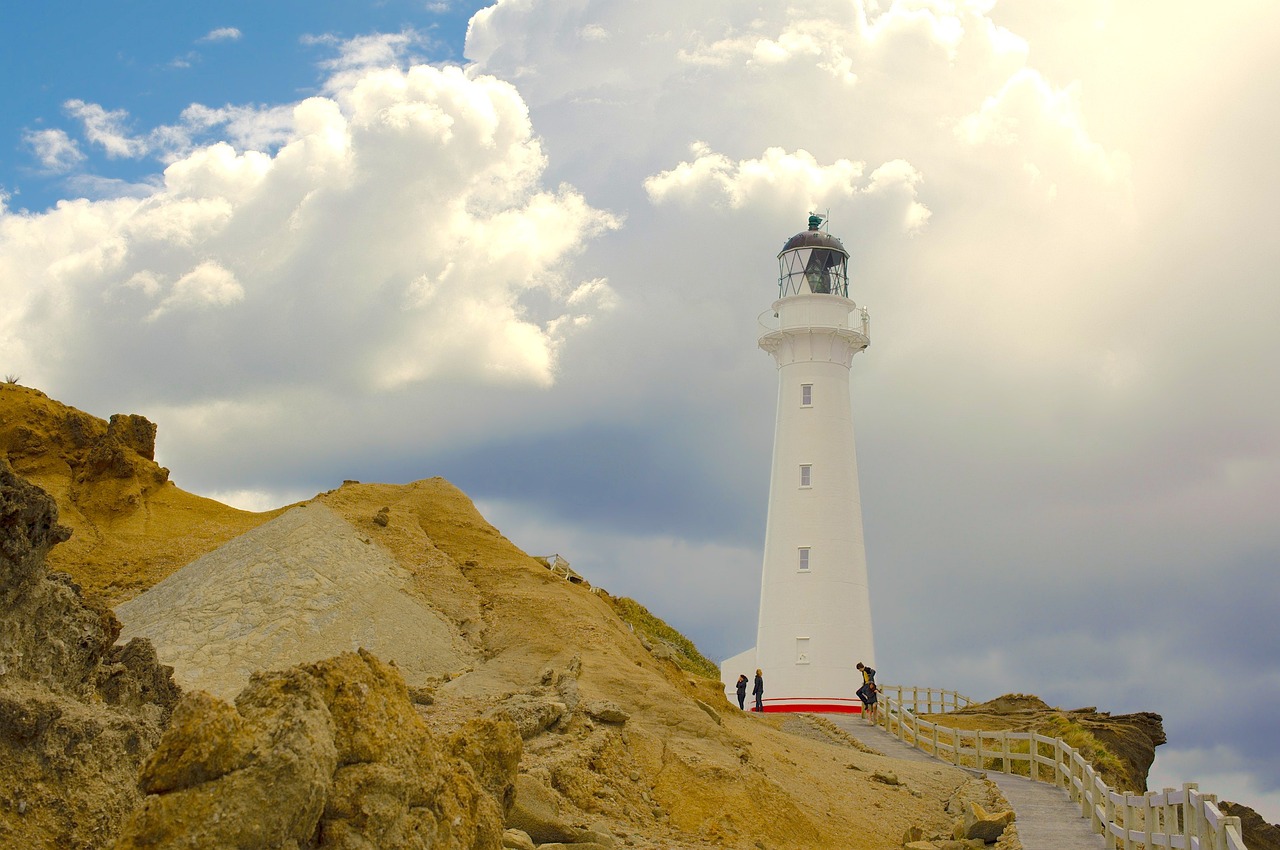Insider Tips: Avoiding Tourist Traps in New Zealand
New Zealand is a breathtaking country known for its stunning landscapes, friendly locals, and rich cultural heritage. As a popular tourist destination, it’s important to be aware of potential tourist traps that can detract from your experience. In this article, we’ll provide you with insider tips to help you avoid common tourist traps in New Zealand.
Understanding Currency Exchange Rates
1. Research Exchange Rates: Before your trip, research the current exchange rates to ensure you get the best value for your money. Avoid exchanging currency at airports or tourist-heavy areas, as they often have higher fees and less favorable rates.
2. Use ATMs: Instead of exchanging large sums of money at once, use ATMs to withdraw cash as needed. Check with your bank beforehand to ensure your debit or credit card will work in New Zealand and to inquire about any associated fees.
3. Be Wary of Dynamic Currency Conversion: When paying with a credit card, be cautious of dynamic currency conversion. Some merchants may offer to charge your card in your home currency, but this often comes with unfavorable exchange rates and additional fees.
Transportation Tips
1. Renting a Car: Renting a car gives you the freedom to explore New Zealand at your own pace. However, be aware of hidden fees such as insurance excess and fuel charges. Compare prices and read reviews to find a reputable car rental company.
2. Public Transportation: New Zealand has an extensive public transportation network, including buses, trains, and ferries. Utilize these options to save money and reduce your carbon footprint. Consider purchasing a regional or national travel pass for unlimited travel.
3. Avoid Unlicensed Taxis: Stick to licensed taxi services or reputable rideshare apps like Uber. Avoid accepting rides from unlicensed individuals, as they may overcharge or provide an unsafe experience.
Accommodation Choices
1. Research Accommodation Options: Look beyond traditional hotels and consider alternative accommodations such as guesthouses, bed and breakfasts, or holiday rentals. These options can provide a more authentic experience and often offer better value for your money.
2. Read Reviews: Before booking accommodation, read reviews from previous guests to get an idea of the quality and service provided. Websites like TripAdvisor and Booking.com are great resources for finding honest reviews.
3. Location Matters: Consider the location of your accommodation in relation to the attractions you plan to visit. Staying centrally can save you time and money on transportation.
Eating and Dining
1. Avoid Tourist-Centric Restaurants: Tourist-heavy areas often have overpriced restaurants that cater to tourists. Venture out to local neighborhoods to find authentic and affordable dining options.
2. Ask Locals for Recommendations: Locals are the best source of insider knowledge. Strike up conversations and ask for recommendations on hidden gems and local eateries.
3. Experience Local Cuisine: New Zealand is famous for its fresh seafood, lamb, and Maori-inspired dishes. Embrace the local cuisine and try traditional dishes like Hangi or Pavlova.
Exploring Nature and Outdoor Activities
1. Plan Ahead: Research and plan your outdoor activities in advance, especially for popular attractions like hiking trails or guided tours. Some activities require permits or have limited availability.
2. Respect Nature and Wildlife: Follow designated trails, respect wildlife habitats, and adhere to any conservation guidelines. Leave no trace and help preserve New Zealand’s pristine environment.
3. Weather Considerations: New Zealand’s weather can be unpredictable. Pack appropriate clothing and gear for outdoor activities, and be prepared for sudden changes in weather conditions.
Visiting Cultural Sites
1. Learn About Maori Culture: New Zealand has a rich Maori heritage. Take the time to learn about their culture, traditions, and protocols. Respect cultural sites and follow any guidelines or restrictions in place.
2. Cultural Performances: Attend cultural performances and events to experience traditional Maori dances, songs, and storytelling. These performances offer a unique insight into Maori culture.
3. Engage with Local Communities: Seek opportunities to engage with local communities and participate in cultural activities. This can include visiting marae (Maori meeting grounds) or joining community events.
Shopping Wisely
1. Support Local Artisans: Look for locally made products and support local artisans. New Zealand is known for its unique arts and crafts, including Maori carvings, wool products, and greenstone (pounamu) jewelry.
2. Compare Prices: Don’t settle for the first shop you come across. Compare prices and quality before making a purchase, especially for larger items or souvenirs.
3. Duty-Free Shopping: Take advantage of duty-free shopping when leaving New Zealand. Check the allowances and restrictions for your destination to ensure a smooth experience.
Image 1: New Zealand

Exploring Local Events
1. Check Event Calendars: Research local event calendars to discover festivals, markets, or cultural events happening during your stay. These events provide a unique opportunity to immerse yourself in the local culture.
2. Attend Farmers’ Markets: Farmers’ markets are a great way to sample local produce, artisanal products, and support local vendors. Check the days and times of markets in the area you’re visiting.
3. Cultural Festivals: New Zealand hosts various cultural festivals throughout the year. From the vibrant Diwali festival to the iconic Waitangi Day celebrations, these events showcase the country’s diverse heritage.
Enjoying Beaches and Water Activities
1. Swim at Patrolled Beaches: When swimming, choose beaches that are patrolled by lifeguards. These beaches have designated swimming areas and offer a safer experience.
2. Check Water Conditions: Before participating in water activities, check local advisories and weather conditions. Be aware of potential hazards such as rips or strong currents.
3. Water Safety: Familiarize yourself with water safety practices, including the importance of sunscreen, staying hydrated, and using appropriate safety equipment when engaging in water sports.
Image 2: New Zealand

Understanding Local Customs
1. Greeting Etiquette: New Zealanders are generally friendly and welcoming. When meeting someone, a simple handshake is appropriate. In Maori culture, a hongi (pressing of noses) is a traditional greeting.
2. Tipping Culture: Tipping is not customary in New Zealand. However, if you receive exceptional service, it is appreciated but not expected.
3. Respectful Behavior: Show respect for the local customs and traditions. Be mindful of cultural sensitivities and follow any guidelines or protocols when visiting sacred sites or participating in cultural activities.
Planning for Weather Variability
1. Layer Clothing: New Zealand’s weather can change rapidly. Dress in layers to accommodate temperature fluctuations throughout the day.
2. Rain Gear: Pack a waterproof jacket or umbrella, especially if you’re visiting during the rainy season. This will ensure you stay dry and comfortable during outdoor activities.
3. Sun Protection: New Zealand has high UV levels, even on cloudy days. Pack sunscreen, sunglasses, and a hat to protect yourself from the sun’s rays.
Image 3: New Zealand

Conclusion
By following these insider tips, you can avoid common tourist traps and make the most of your visit to New Zealand. Remember to plan ahead, engage with locals, and embrace the country’s unique culture and natural beauty. Enjoy your trip and create unforgettable memories in this awe-inspiring destination.
References
– TripAdvisor: www.tripadvisor.com
– Booking.com: www.booking.com
– New Zealand Tourism: www.newzealand.com
– New Zealand Transport Agency: www.nzta.govt.nz

